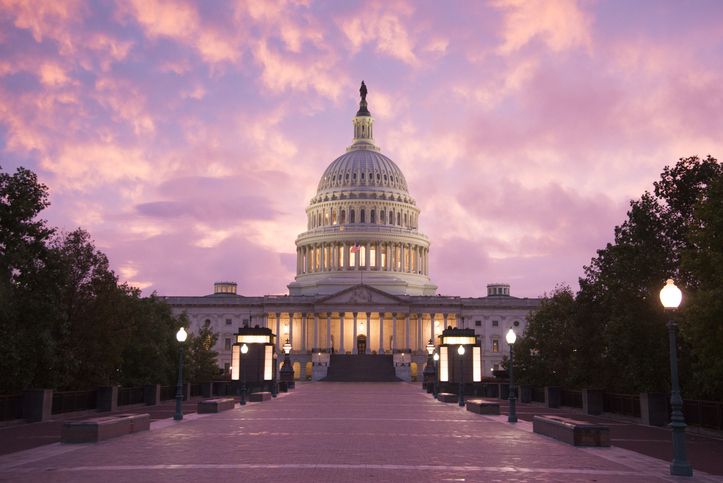
This
week,
Congress
released
a
stopgap
funding
bill
that
included
a
significant
healthcare
package.
Provider
groups
are
reacting
favorably
to
the
package,
mainly
due
to
provisions
that
go
after
pharmacy
benefit
managers,
extend
telehealth
flexibilities
and
increase
payments
to
hospitals
and
physicians.
PBM
reform
The
legislation
proposes
changes
that
would
reign
in
pharmacy
benefit
managers’
business
practices.
Specifically,
it
would
require
PBMs
to
pass
through
100%
of
drug
rebates
and
discounts
to
employers
or
health
plans,
as
well
as
prohibit
PBMs
from
linking
their
compensation
to
a
drug’s
Medicare
list
price.
The
package
also
seeks
to
eliminate
spread
pricing
in
Medicaid
—
which
occurs
when
PBMs
keep
a
portion
of
the
amount
paid
to
them
for
drugs.
These
proposed
changes
—
which
are
slated
to
take
effect
in
2028
—
have
been
received
well
by
the
American
Pharmacists
Association.
“For
years,
APhA
has
advocated
for
these
long
overdue
reforms
to
begin
to
stop
PBMs’
harmful
business
practices
that
have
robbed
many
communities
of
the
necessary
health
care
services
they
have
come
to
rely
upon,”
APhA
CEO
Michael
Hogue,
PharmD,
said
in
a
statement.
Extended
telehealth
flexibilities
Congress
is
seeking
to
extend
Medicare
telehealth
flexibilities
through
the
end
of
2026.
This
extension
would
allow
patients
to
continue
receiving
telehealth
services
from
their
homes,
permit
the
use
of
audio-only
communication
for
certain
services,
and
enable
rural
health
clinics
and
federally
qualified
health
centers
in
providing
virtual
care.
Chip
Kahn,
CEO
of
the
Federation
of
American
Hospitals,
released
a
statement
applauding
these
measures.
“Congress’
health
package
hits
the
spot
—
it
protects
rural
health
care
and
assures
seniors
continued
telehealth
services
while
preventing
cuts
to
hospitals
serving
the
most
vulnerable.
Together,
these
provisions
will
sustain
critical
patient
care
at
the
right
time,
in
the
right
setting,”
he
stated.
Changes
to
payment
and
reimbursement
Congress’
package
would
delay
next
year’s
Medicaid
disproportionate
hospital
share
pay
cuts
until
2027.
It
would
also
temporarily
boost
the
Medicare
physician
fee
schedule
by
2.5%
for
2025,
which
would
offset
the
2.83%
payment
reduction
that
CMS
recently
finalized
for
next
year.
Stacey
Hughes,
executive
vice
president
of
the
American
Hospital
Association,
celebrated
these
provisions
in
a
statement.
“The
AHA
appreciates
the
House
and
Senate
working
together
on
this
bipartisan
healthcare
package
and
urges
Congress
to
pass
this
health
care
package
that
will
ensure
hospitals
and
health
systems
can
continue
to
care
for
their
patients
and
communities,”
she
said.
Photo:
MikeyLPT,
Getty
Images

